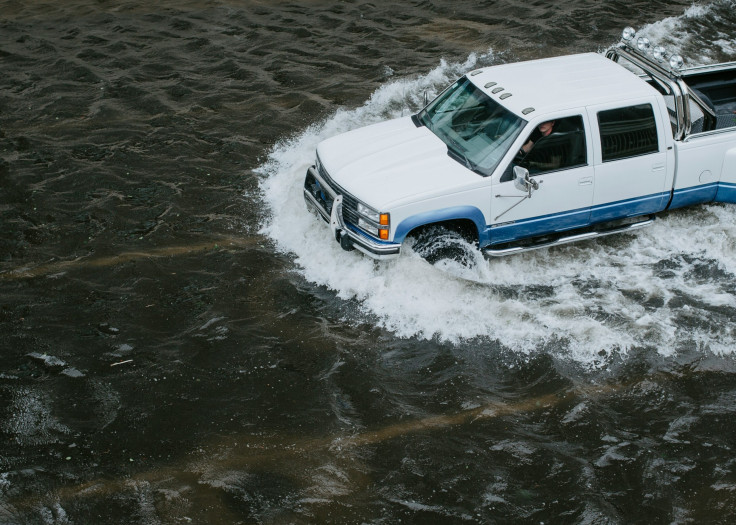Hurricane Melissa Turns Deadly: Jamaica Braces for Record-Breaking Category 5 Storm — 'Nowhere Will Escape the Wrath'
Jamaica on high alert as Hurricane Melissa nears landfall with catastrophic winds and flooding.

Jamaica is bracing for catastrophe as Hurricane Melissa barrels towards the island, rapidly strengthening into a rare and terrifying Category 5 storm that could become the strongest ever recorded to strike its shores.
Forecasters warn the system could make landfall as early as Monday, unleashing a deadly combination of torrential rain, ferocious winds and life-threatening storm surges.
'Nowhere Will Escape the Wrath'
Across Jamaica, an atmosphere of urgent preparation and rising fear has taken hold.
'There is nowhere that will escape the wrath of this hurricane,' cautioned Evan Thompson, principal director of Jamaica's Meteorological Service.
'It's going to sit there, pouring water while it's barely moving and that is a significant challenge.'
The entire island is under a hurricane warning. Prime Minister Andrew Holness urged residents to act immediately, calling Melissa 'potentially disastrous'.
'You have been given enough notice,' he said at a press conference. 'Take all measures to protect yourself and your family.'
Hospitals have been placed in emergency mode, suspending elective surgeries and outpatient services to free up beds, while Norman Manley International Airport in Kingston closed on Saturday night with flights suspended until further notice.
Catastrophic Threat Magnified by Slow Speed
Melissa, currently a Category 2 storm packing winds of 100 mph, is forecast by the US National Hurricane Center (NHC) to reach Category 5 status within 48 hours, with sustained winds topping 157 mph.
Its unusually slow forward speed of just 3 mph is magnifying the threat, exposing the island to prolonged devastation.
Torrential rains have already battered Haiti and the Dominican Republic, where flooding and landslides have left three people dead. Now, Jamaica lies squarely in Melissa's path.
Forecasters expect up to 30 inches of rain in parts of the island, with isolated peaks of 40 inches, a deluge capable of unleashing flash floods and deadly mudslides across Jamaica's steep interior.
The NHC warns of 'extensive damage to roads and buildings... potentially isolating communities for an extended period of time.'
'But It's Nature; We Can't Fight Against Nature'
Melissa's sluggish movement is adding to islanders' anxiety. Unlike faster-moving hurricanes, it is expected to linger for days, amplifying the destruction.
Fisherman Clive Davis, from Kingston, compared it with Hurricane Beryl's swift passage.
'Slow movement still cause a lot of damage, right? Different from Beryl cause Beryl's come with a speed and never stay too long. Just sweep through. But this now, she wants to come stay, visit Jamaica for three days, why?'
Mr Davis accepted the inevitable losses with stoic calm. 'It's gonna slow down business, but it's nature,' he said. 'We can't fight against nature, right?'
Race to Reinforce the Capital
In Kingston, workers have been racing to dredge Sandy Gully, the city's 20-kilometre drainage channel. Officials fear that if the gully clogs with debris and overflows, it could destroy bridges and split the capital in two.
The government has warned of likely power outages, downed trees and structural damage as hurricane-force winds are expected to hit by Sunday night or Monday.
Climate Link to 'Explosive Strengthening'
Beyond the immediate crisis, scientists highlight a broader concern. Melissa's 'explosive strengthening' mirrors that of three other Atlantic hurricanes this season — Erin, Gabrielle and Humberto — a trend increasingly linked to fossil-fuel pollution and warming ocean temperatures.
The exceptionally warm waters of the Caribbean Sea, heated far below the surface, have given Melissa a deep reservoir of energy, fuelling its rapid intensification.
As dusk settles over Jamaica, the rhythmic hammering of boards over windows mixes with the whir of generators being tested.
The world watches as this resilient island steels itself for what could be its greatest test yet.
© Copyright IBTimes 2025. All rights reserved.




















